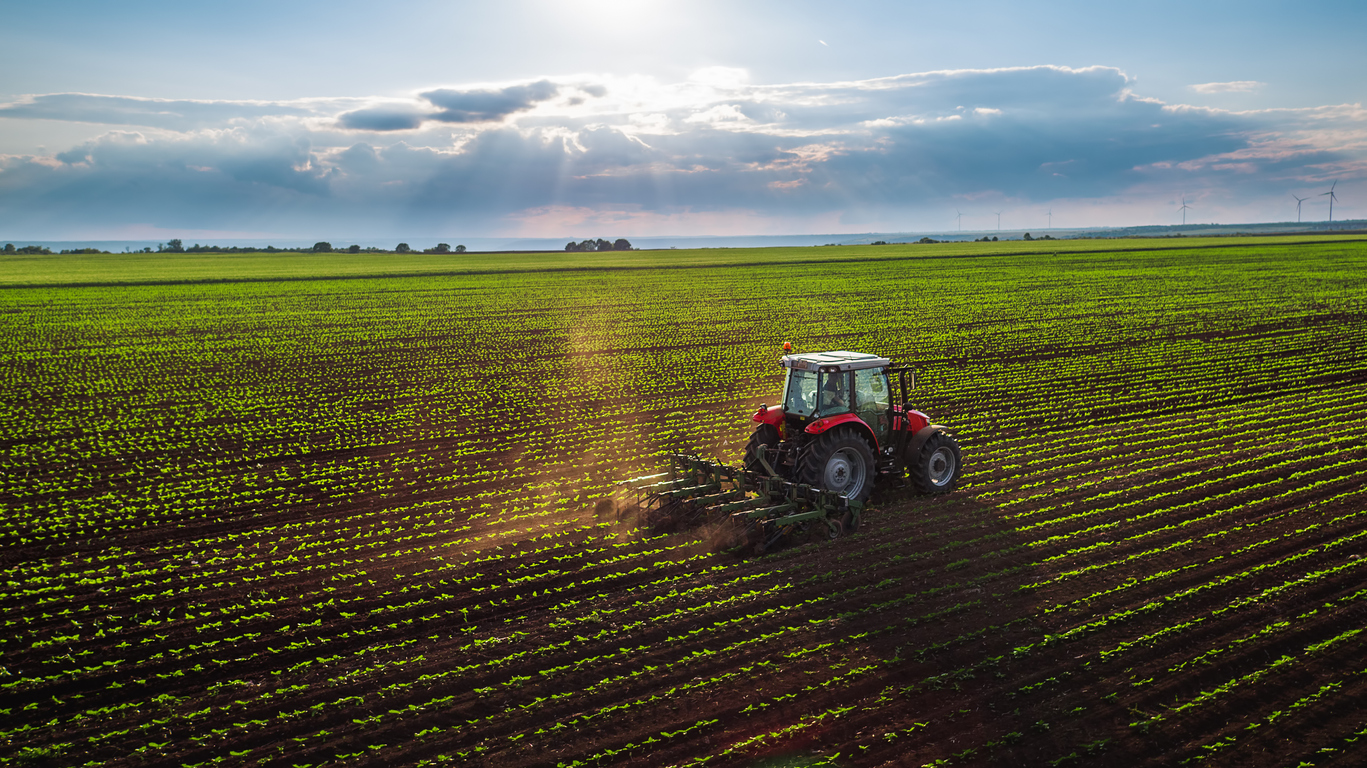Exploring the Future of Agribusiness in Nigeria: An Investment Analysis
Exploring the Future of Agribusiness in Nigeria: An Investment Analysis
The future of agribusiness in Nigeria is an exciting prospect. With a population of over 200 million people, Nigeria is one of the most populous countries in the world and its agricultural sector has the potential to make a big impact on the nation’s economy. While Nigeria’s agricultural industry has faced significant challenges in the past, there are now numerous opportunities for investment in the sector. This article will explore the current state of agribusiness in Nigeria, including an in-depth analysis of the potential for investment and the risks associated with it. We will also discuss the role of the government in promoting investment in the sector, and the various measures taken to improve the overall performance of the country’s agribusiness sector. Finally, we will offer our conclusions on the future of agribusiness in Nigeria, and the potential for long-term growth and success.
Overview of Nigeria’s Agricultural Sector
Nigeria’s agricultural sector has historically been the backbone of the country’s economy, accounting for roughly 40% of gross domestic product (GDP) and employing a large percentage of the country’s workforce, despite significant challenges. The sector was vital to the country during colonial rule, when the British imported West African agricultural commodities, such as palm oil and groundnuts, for consumption in the United Kingdom. The sector has faced numerous challenges in recent decades, however. These include poor soil fertility, inadequate government support, and a lack of technological progress. Additionally, the country’s weak transportation and storage systems have impeded marketing. Nigerian agricultural products also have to compete with subsidized commodities from the United States, the European Union, and other developed countries.
Opportunities for Investment in Agribusiness in Nigeria
Nigeria’s agricultural sector is currently in the process of recovery. There is a growing demand for crops, livestock, and processed food in the Nigerian market. The country is also experiencing rising incomes and increased urbanization, which are spurring demand for high-end agricultural products. These factors augur well for investment in agribusiness in Nigeria. The livestock industry in Nigeria is expected to grow at a substantial rate in the coming years, driven by rising demand for meat and other animal products. Nigeria is currently the world’s fifth-largest importer of beef, with about 20% of the country’s beef supply coming from abroad. The demand for locally produced meat is expected to rise in the coming years, spurring investment in agribusiness in Nigeria’s livestock sector.
Risks Associated with Investing in the Agribusiness Sector
While the agricultural sector in Nigeria holds great promise for investors, it also poses a number of risks. These include poor soil fertility, inadequate storage and transportation systems, frequent floods and droughts, weak government support, and a lack of technological progress. Additionally, the country’s agricultural products must compete with subsidized commodities from the United States, the European Union, and other developed countries. Agribusiness firms in Nigeria may also face risks associated with government policies that may not be conducive to investment. The country’s tax and regulatory regime is generally considered to be unfriendly to foreign direct investment.
Government Support for Agribusiness Investment
Nigeria’s government is committed to strengthening the country’s agricultural sector. The government is striving to improve the overall performance of the sector by promoting investment in agribusiness in Nigeria. The government has provided various tax incentives to spur investment in the country’s agricultural sector. Nigeria also has an export promotion program designed to improve the country’s competitiveness in the global marketplace. The government is also striving to improve Nigeria’s transportation and storage infrastructure in order to facilitate the marketing of agricultural products.
Measures Taken to Improve the Performance of Nigeria’s Agribusiness Sector
The government is also taking a number of steps to improve the performance of Nigeria’s agribusiness sector. These include the following: – Strengthening Nigeria’s agricultural research and development (R&D) sector – The government is taking steps to strengthen the agricultural R&D sector in the country. This includes the creation of a new agricultural research and development authority, which will oversee all agricultural R&D activities in the country. – Modernizing the country’s agricultural sector – The government is investing in various agricultural modernization projects, including the construction of irrigation systems and agricultural research stations. – Developing a competitive agricultural sector – The government is promoting an open and transparent agricultural sector in Nigeria. – Boosting the sector’s productivity – The government is implementing various crop diversification projects designed to boost the productivity of the country’s agricultural sector.
Analyzing the Potential for Long-Term Growth and Success
As we have seen, there are numerous opportunities for success in agribusiness in Nigeria. The country’s population is large, and they have an increasing demand for food and agricultural products. There are also strong indications that the government is committed to promoting investment in the sector. All of these factors augur well for long-term success. We believe that agribusiness in Nigeria has the potential for significant growth and success in the future. We have examined the current state of agribusiness in Nigeria, explored the various opportunities for investment in the sector, and explored the risks associated with investing in the agribusiness sector. We have also discussed the role of the government in promoting investment in the sector, and the measures taken to improve the performance of the country’s agribusiness sector. Finally, we have concluded that agribusiness in Nigeria has the potential for significant growth and success in the future.








LEAVE A COMMENT
You must be logged in to post a comment.